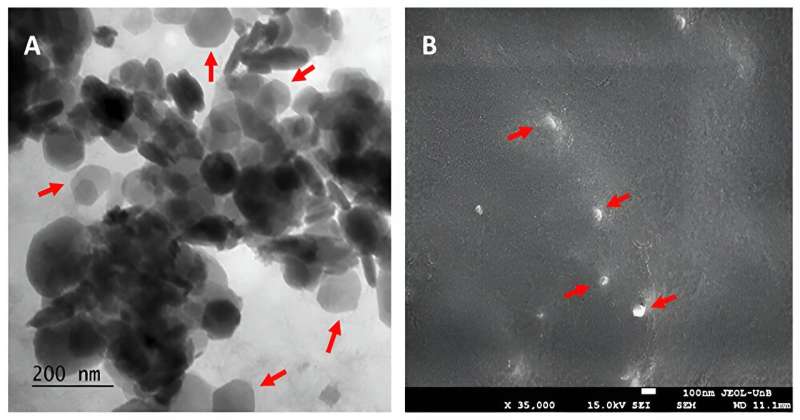Researchers at São Paulo State University (UNESP) in Brazil have discovered a potential strategy for combating the Zika virus (ZIKV) using a nanoemulsion made from copaiba oil. The results of the study, published in the journal PLOS ONE, demonstrate the antiviral effects of the nanoemulsion in vitro, confirming its potential as a treatment for the disease.
ZIKV was first found to cause a congenital syndrome in babies around eight years ago, resulting in visual, auditory, and neuropsychomotor alterations. It can also lead to neurological disorders in adults, such as Guillain-Barre syndrome. Currently, there are no vaccines or specific treatments available for the virus, which is transmitted by the Aedes aegypti mosquito, also responsible for spreading dengue and chikungunya.
In Brazil, one of the countries heavily affected by the outbreak, there were over 250,000 suspected cases of ZIKV in 2016 alone. While the worst of the outbreak has subsided, the virus still circulates in the country. According to the Ministry of Health’s statistics, the number of reported cases increased by 20% between January and July 2023, with the highest rise in the Southeast region, where São Paulo is located.
The study provides hope for the development of treatments for neglected tropical diseases. The use of copaiba oil nanoemulsion as a natural remedy requires only a small amount, which can facilitate the development of future pharmaceuticals, explained Marilia de Freitas Calmon, the last author of the study and a researcher at the São José do Rio Preto Institute of Biosciences, Letters and Exact Sciences (IBILCE-UNESP).
The researchers conducted tests to confirm the stability of the nanoemulsion for 60 days at 4°C and its effectiveness in infected cells. They then treated the infected cells with the nanoemulsion containing copaiba oil at a non-toxic concentration. The results showed viral RNA inhibition of 80%, compared to 70% in the nanoemulsion without copaiba oil, indicating that the inclusion of the oil enhanced the antiviral effects.
Although the results are promising, the researchers remain cautious. They noted that the nanoemulsion without copaiba oil still displayed antiviral activity, suggesting that part of the effect may be attributed to the composition of the egg lecithin used as a surfactant. Further studies are needed to determine the exact mechanisms of viral replication inhibition.
While the development of a medication based on copaiba oil nanoemulsion may be a future possibility, prevention remains the best approach to combat the Zika virus. The Ministry of Health advises taking precautions to eliminate standing water where mosquitoes can lay their eggs, such as old tires, plant pots, gutters, and uncovered tanks. Additionally, individuals experiencing symptoms associated with the virus, including fever, headache, joint and muscle pain, nausea, vomiting, abdominal pain, itching, and a red rash, should seek medical assistance promptly.

